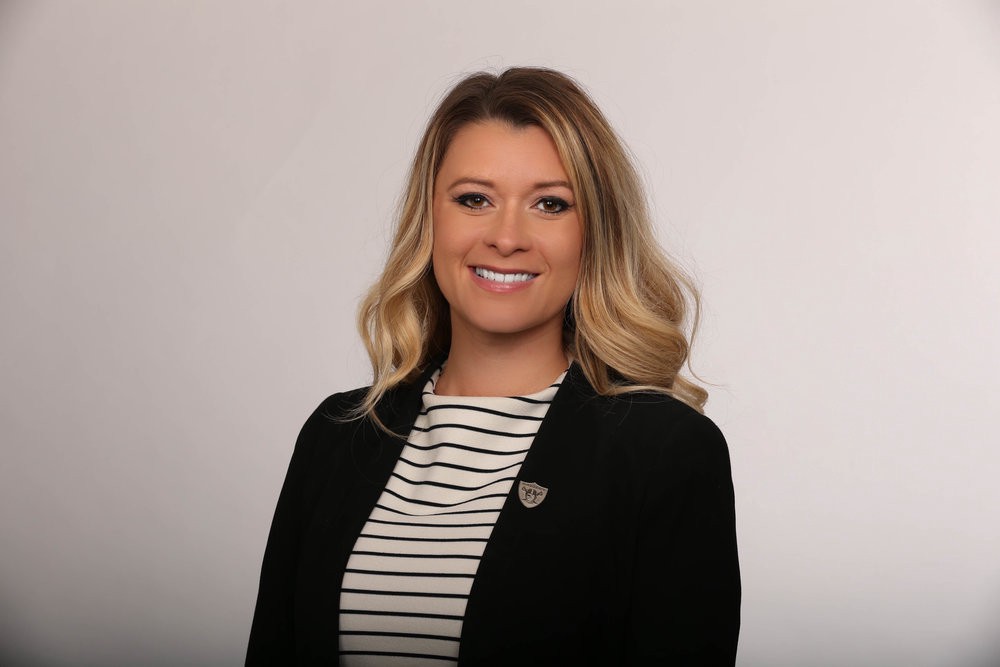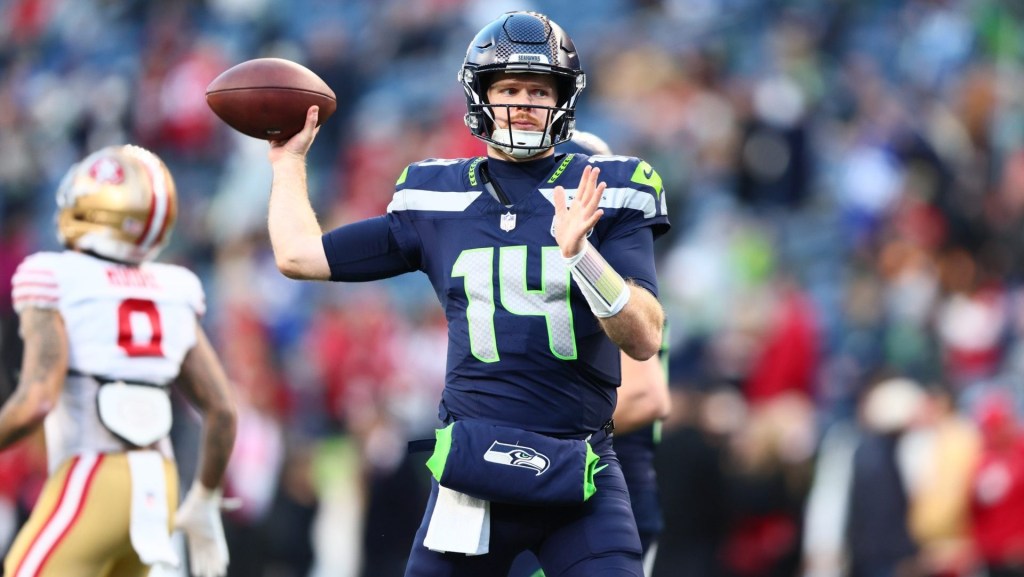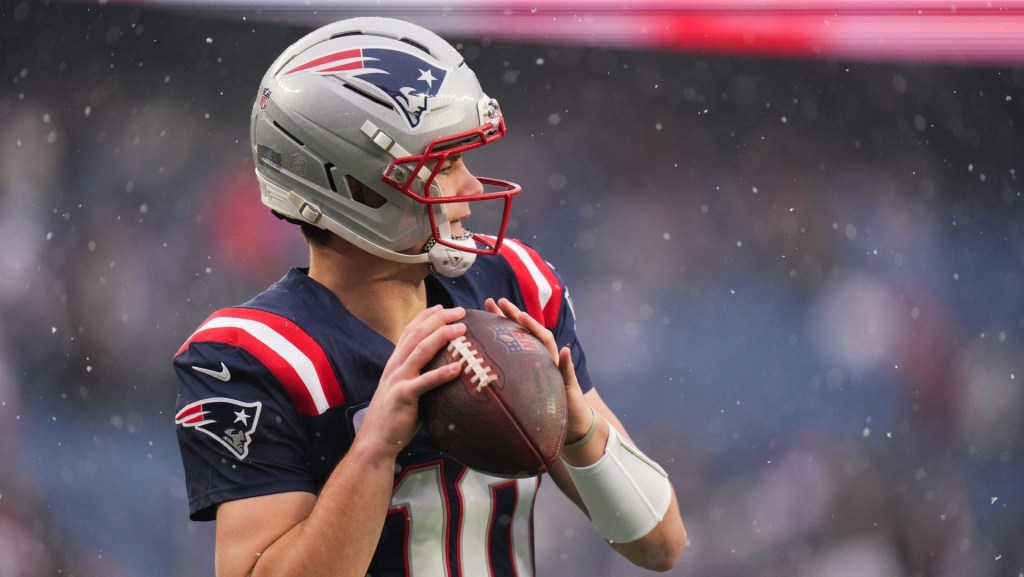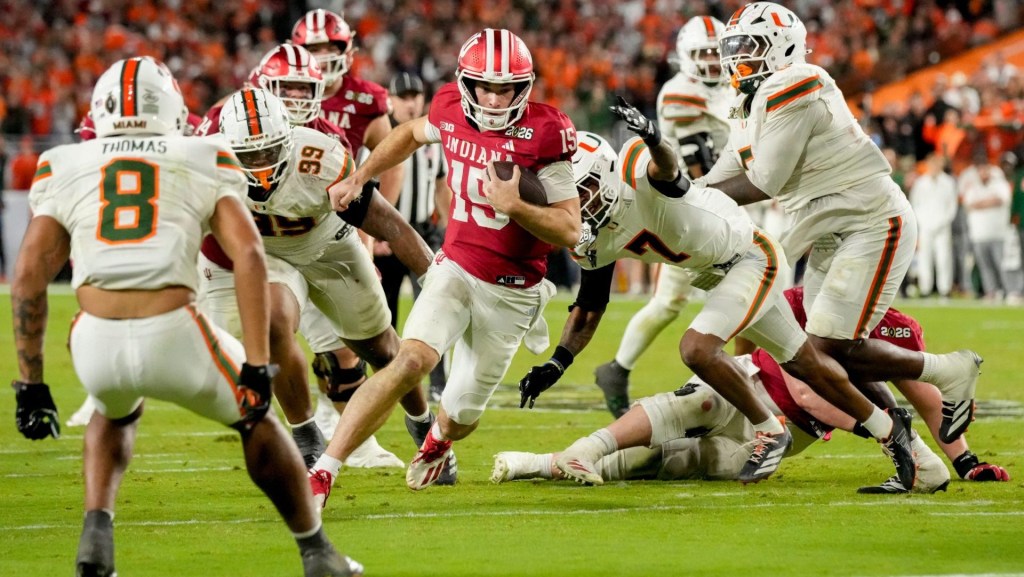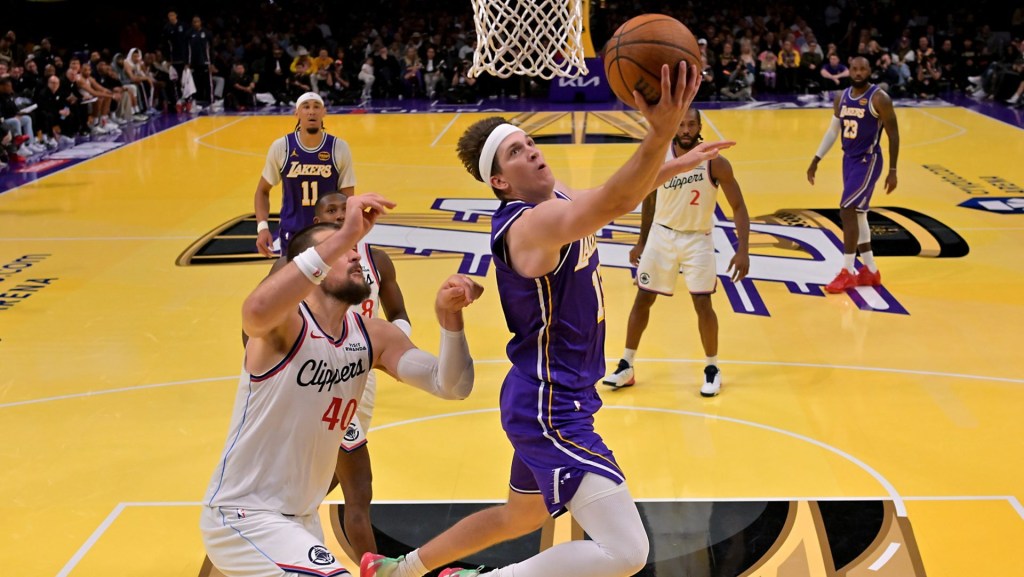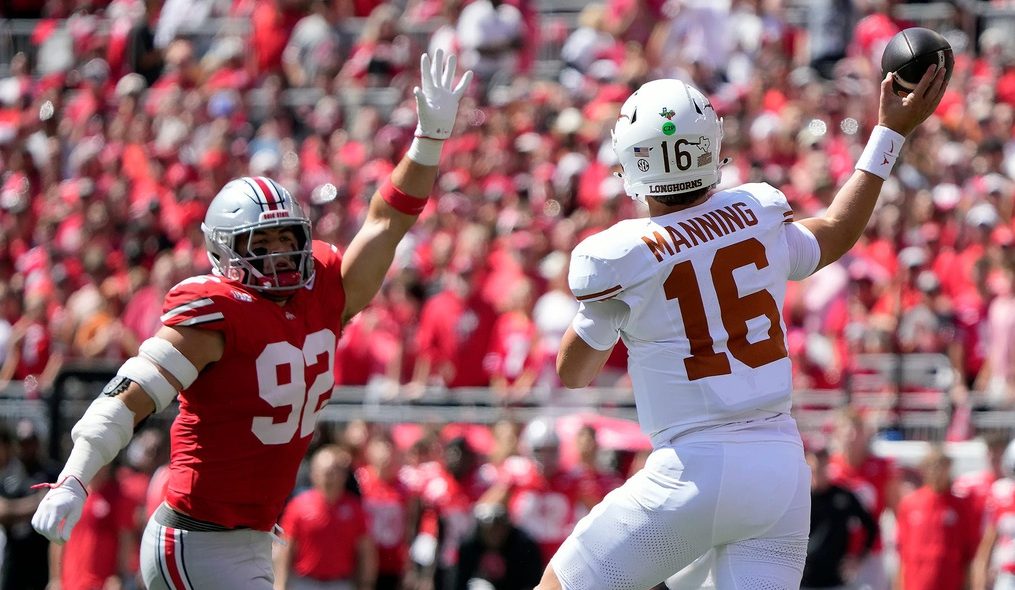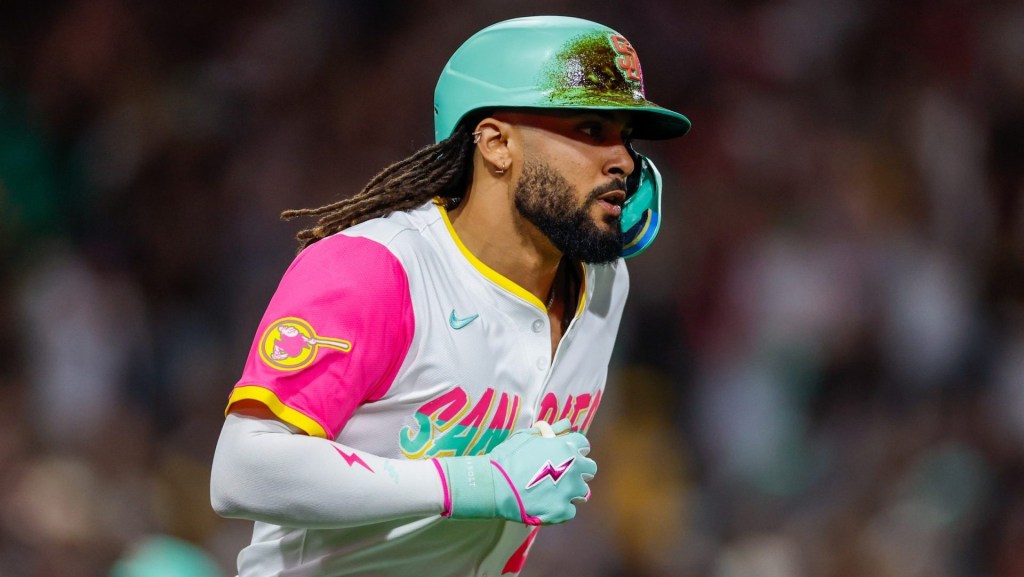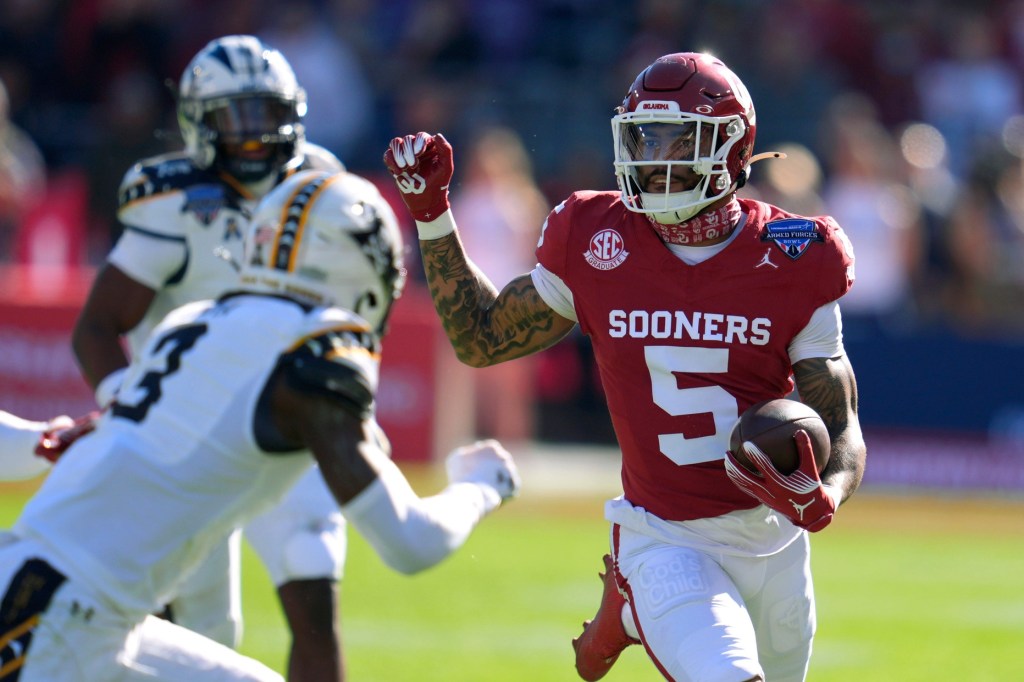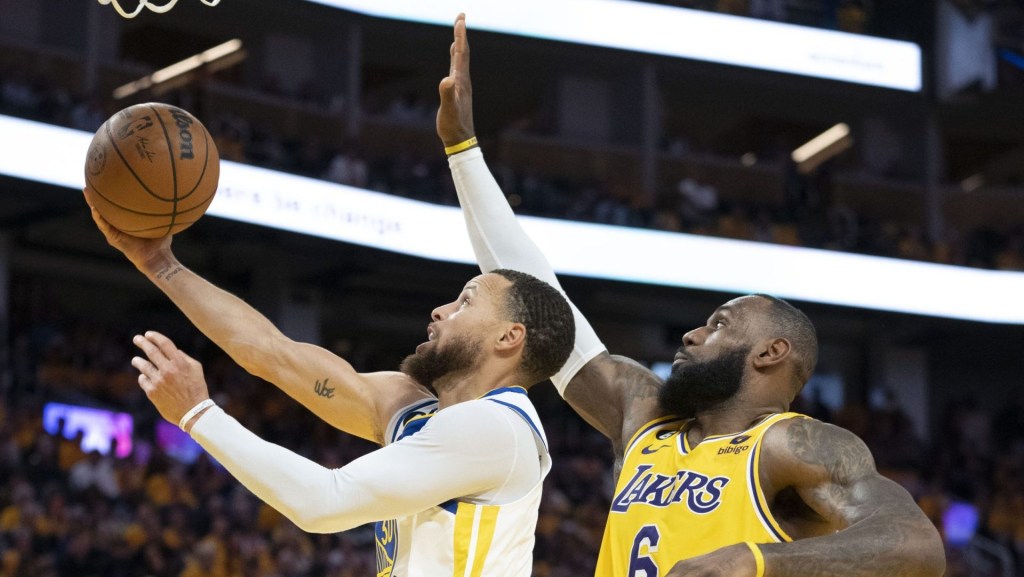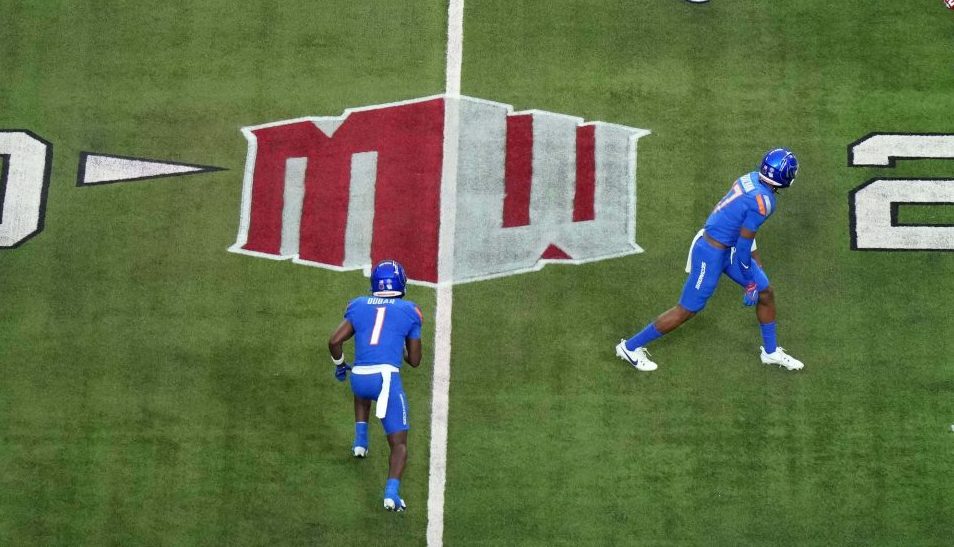This feature is presented to you by the University of Nebraska — Lincoln Master of Arts in Business with a Specialization in Intercollegiate Athletics Administration.
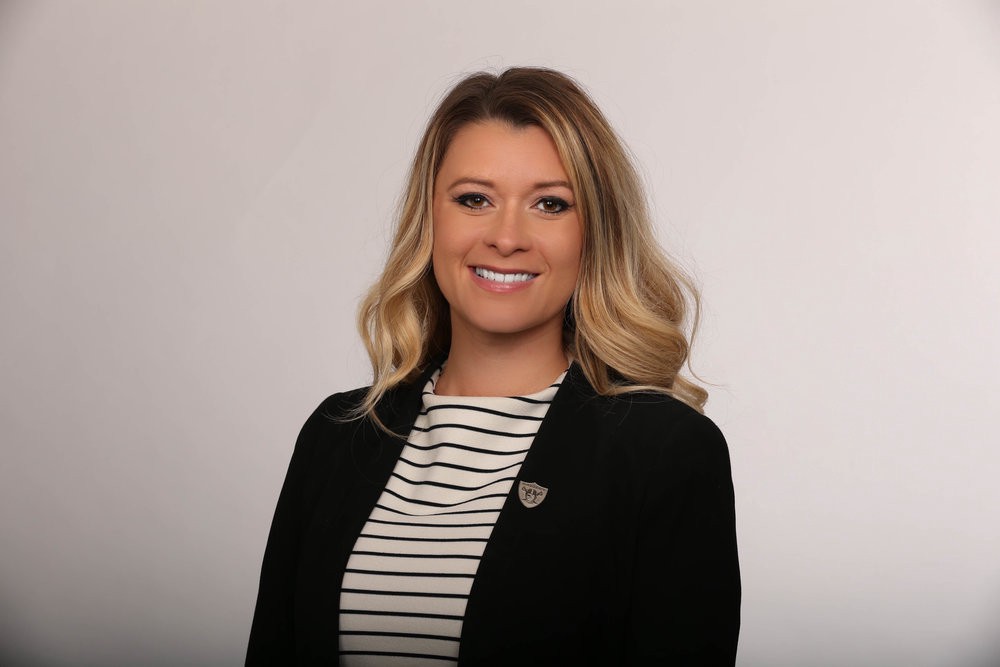
While most people receive their PhDs to work in academia, Annelie Schmittel obtained hers to help athletes. Although the road was not always easy, Schmittel found her footing all the way to Oakland, where she now works in player engagement for the Oakland Raiders.
With the initial goal of becoming a news anchor, Schmittel attended Winona State University in Minnesota and pursued a degree in broadcast journalism, while competing in track & field for the school. However, injuries kept her from continuing her athletics career.
“I started focusing more on school work and walked away from track, mostly because I was hurt a lot. I was still pretty sure I was going to be a news anchor, but as I stopped competing in track, I noticed there was a void missing in my life. My structure was completely different and I had trouble transitioning into a life without athletic competition.”
Want more profiles like this? Subscribe to our Newsletter
As she thought more about athletes and their transitions into life without sports, she began shifting her focus from broadcast journalism to assisting athletes through difficult transitions in their lives.
“When you graduate, you kind of know that’s a transition moment. But when it happens before you graduate, like what happened to me and my friends who suffered similar setbacks, it’s kind of a shock. I thought, ‘Wow, there’s no one there beyond academic support that could really help an athlete in that situation to focus on something else.’”
“I watched my boyfriend suffer an injury in football that left him out of sports for two years. I saw him think, ‘What am I going to do without football? Where’s my identity if I’m not an athlete?’”
Once she graduated with her undergraduate degree from Winona State, she decided against becoming a news anchor and began pursuing a master’s degree in sports management from Winona State. This gave Schmittel her first teaching opportunity, where she taught Introduction to Higher Education for athletes at the school.
“I was working in the athletic department as part of the athlete support staff and taught a class for all the freshmen athletes who came to the school. This is when I developed a passion for mentoring young athletes through their career. I loved helping them transition from high school to college to show them the demands that come with being a college athlete.”
One day during a leadership class she was taking for her program, Schmittel asked the professor to bring in a guest speaker and the school brought in Katie Douglass on a Skype call.
“At the time, Katie was in player engagement with the Kansas City Chiefs. The minute she started talking about her job, I knew that was my calling. Working with college players was great, but I could really see myself at the professional level.”
“Katie talked about how she was the only female in this kind of position and how hard it was to get into this kind of a job, but I knew it was for me. She said she sometimes worked 100 hours a week and all of the kids in the class said, ‘That must be the most miserable job ever.’ Except me. I was the only one who sat there and said, ‘I’m going to make it my mission to get her job.”
After class, Schmittel began brainstorming on all the ways she could earn a role in player engagement. She understood she was never going to be a former football player, but she thought of ways to set herself apart in this particular field that a former player might not bring to the table.
“For me, my way in was through education and through mentoring and teaching. So I went to the University of Florida to obtain my PhD.”
While at UF, Schmittel taught a number of courses and worked with many of the athletes on campus. She would build relationships with the athletes to the point of athletes coming to her when they did not feel comfortable going to their academic advisors for help. Because of this, teachers, students, athletes and colleagues told her she had to stay at the university level to teach and help the athletes.
Their sentiments were nice, but Schmittel never veered away from her goal of working in the NFL. She graduated with her PhD in December 2015, and she thought she would have no problem finding work since she was a young women with a PhD.
“There weren’t any player engagement jobs posted, at least not in the NFL, so I had to look for any kind of job. Whether it was in college athletics, teaching, advising or even marketing, I had a tough time finding work. I struggled for quite a few months to figure out how to get into one of the positions I wanted. I still had somewhat of a job in Gainesville, but it wasn’t anything permanent.”
“I emailed the entire world and only heard back from a few people. It was very discouraging, but I knew I had to keep pushing. At some point, I knew I would annoy someone enough for them to listen to me.”
She finally got in touch with Duke Preston, Director of Player Engagement with the Tampa Bay Buccaneers, and he agreed to meet with Schmittel for lunch. The lunch was expected to last around 30 minutes, but Preston and Schmittel spent nearly two hours discussing their philosophies.
Schmittel then reached out multiple times to Marcus Pollard, Director of Player Engagement for the Jacksonville Jaguars, and he finally got back to her. Similar to her conversation with Preston, Schmittel and Pollard spoke for nearly an hour about Schmittel’s philosophy and how she can help the team.
“I told him, ‘Look, you have the experience from the player’s perspective as a former football player. Now have me come in to create sort of a two-headed monster and work together on our theories.’ He agreed, but sure enough told me he had no job available at the time.”
With her future in the NFL in limbo, she heard from the University of Alabama for a teaching position. She enjoyed the campus and the school, but knew her heart was elsewhere. Soon thereafter, Schmittel’s fortunes turned around.
“Duke called me and told me the Oakland Raiders had a position open in player engagement. He said he would send my resume to them if I wanted and I said, ‘Absolutely!’”
Within a few days, Lamonte Winston, Director of Player Engagement with the Raiders, called Schmittel as she was shopping at Publix.
“He calls me and I’m immediately frozen in the shopping isle at Publix. I thought he was going to schedule an interview, but no, he did the interview right then and there. I left my shopping cart, ran to my car and did the interview with him.”
Following the interview, Schmittel thought she did OK, but she began to think of all the things she could have said different or better. Having not heard back from Winston for a few days, she sent him a long email with all the ideas she had for the job and things she wanted to do if she received the job.
Winston finally gave her another call, she gave a presentation on Skype and the team flew her to Oakland. This was around the Raiders’ Organized Team Activities (OTAs) and Schmittel was thrown right into the gauntlet. She was interviewed by the general manager, the head athletic trainer, the executive vice president, the director of security, and many others.
At lunch, Winston dropped Schmittel off in the lunch room and was told to, as Schmittel puts it, “Do your thing.” She sat down with the players, all of which she had never met before and ate lunch.
“They were so kind and nice and everyone came to introduce themselves. They asked what I was there for and even came to my presentation because I had to do a presentation for a few of the players. Neiron Ball heard a former Gator was coming by for an interview and came by to give me a hug and share some kind words with me. It was such a sweet, small gesture that made such a difference for me.”
She left Oakland very confident, and a few weeks later, the team called her with the good news.
“They called on a Wednesday, told me I have the job and told me to be there on Friday. I had to get on a flight the next day, and I hadn’t packed nor had I given my two weeks notice at my job at UF. They had rookie programs starting that Friday, so they needed me ASAP. I said, ‘Ok, book my flight!’”
After spending three days in Oakland for the rookie programs, Schmittel flew back to Florida, packed her things and moved to a hotel in Oakland before she could find permanent housing.
Now with the Raiders, Schmittel says she has the best job in the world. Although each day’s tasks differ from the prior day, she loves working for an organization that values player engagement and believes in the development in players on and off the field.
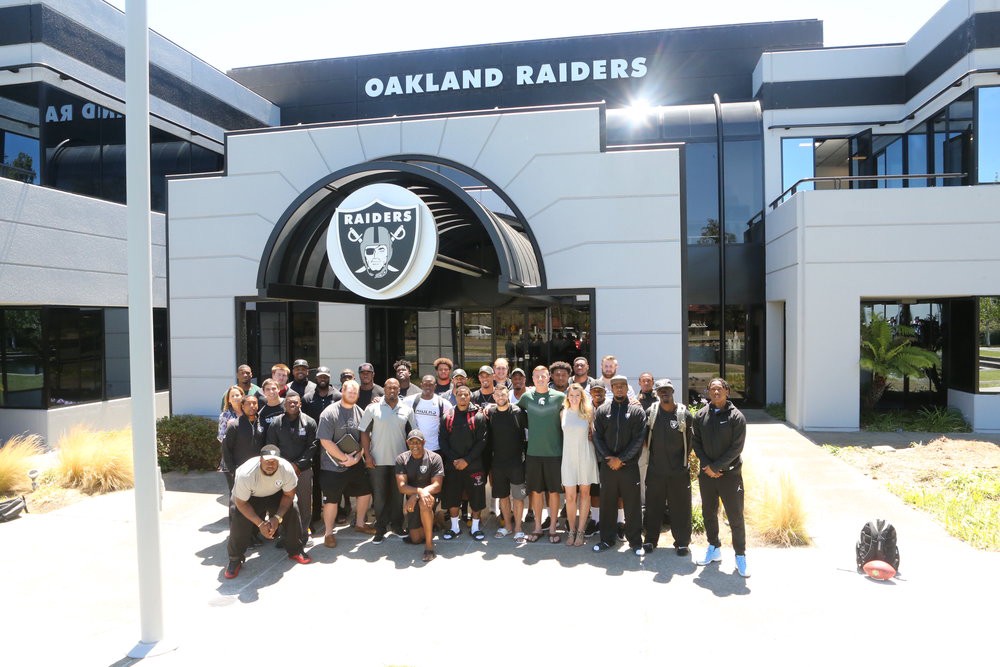
Schmittel says the biggest help each day comes from the head coach and the general manager.
“When the players see that their coaches and managers all believe in this, they take it seriously.”
Her days usually last about 12 hours, with each day starting at 7:00 a.m., where she eats breakfast.
“First and foremost, I eat a lot. For me, the times when I’m in the lunch room or grabbing a bite to eat, I run into the players. Those times when we are eating are the best times for interaction with the players. Other than eating, we have team meetings at 8:30 a.m. and sometimes before that, we have players come swing by our department for a multitude of things. From players needing rental cars to players wanting to go back to school, I help them take care of any kind of issues.”
Throughout the day, Schmittel plans programming for the players and arranges things for them. She often helps them find jobs to shadow and she looks at what classes they need to take if they want to go back to school. A majority of her work in the afternoon deals with the rookies.
“It could be a workshop on finances, stress management, decision making, relationships or any sort of topic that can help our rookies. Although we do a lot of stuff with rookies in a group, I often work one-on-one with the rookies and their families. Many of the players’ wives come to me to continue education or develop their career and then I become their contact person for resources they might need as well.”
Schmittel and her department firmly believes it’s not just about the players. Player engagement focuses on keeping the players and their families happy off of the field.
“If their whole ecosystem isn’t taken care of, then they cannot perform as well on the field. We make sure there is a holistic approach to everything we do. We want them and their families to grow in all kinds of areas.”
The most rewarding thing for Schmittel is knowing she makes a difference by taking care of the players and their families and helping the athletes focus on what they need to focus on without any background noise.
Although Schmittel has her PhD in hand, she does not see herself going back to the classroom anytime soon. While she misses being in the classroom, she enjoys the teaching she does now with the Raiders.
“For now, I’m so blessed to do the work I am doing and work with the people I work with. I’m in a very fortunate position and I don’t see myself leaving anytime soon.”
Although it is Schmittel’s first year with the team, the Raiders are in good hands for the future. With the season the team had, they may want to keep her as long as possible.
